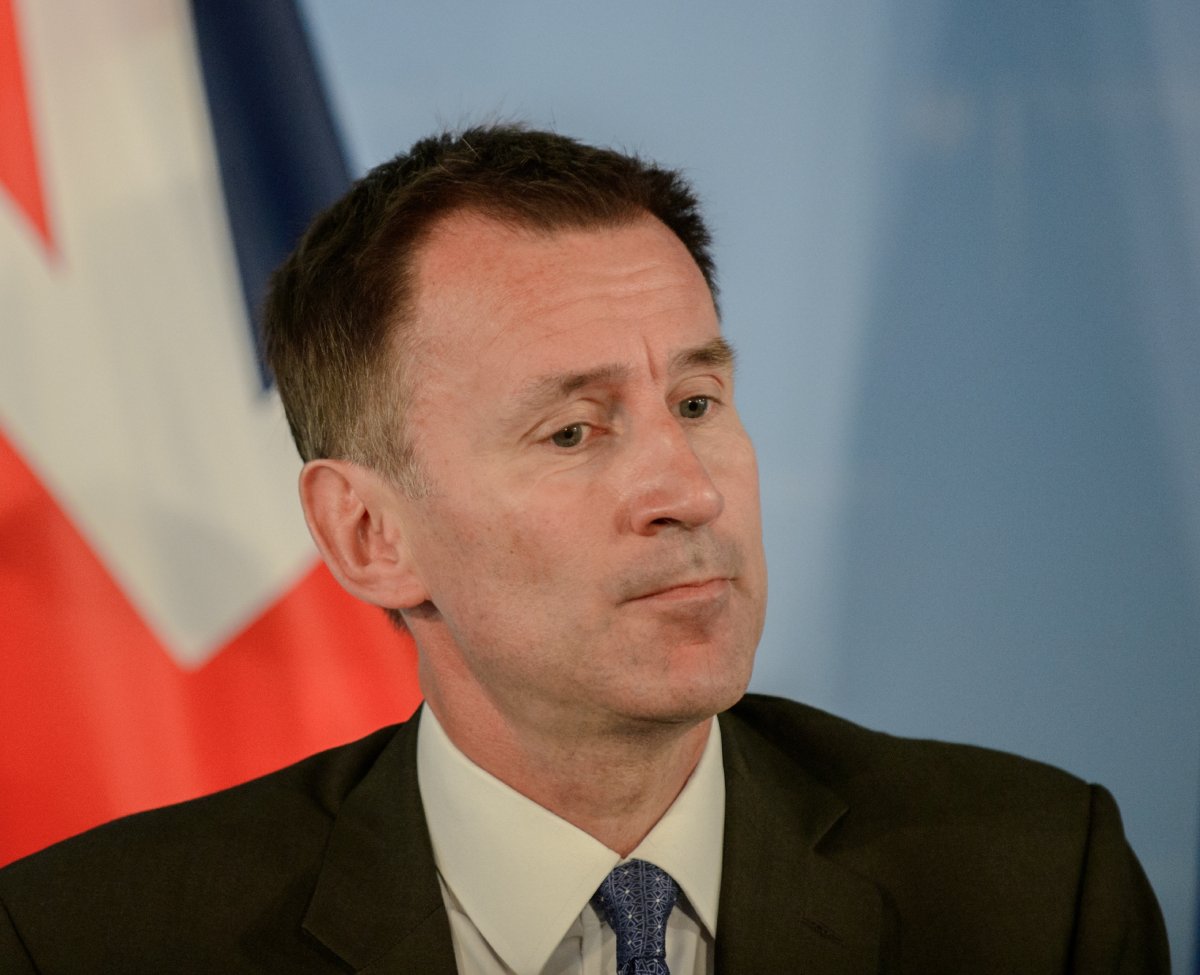An unexpected increase in government borrowing in March, plus nearly £121bn borrowed last year, reduces Jeremy Hunt’s ability to offer financial incentives to voters.
Office for National Statistics Highlights Borrowing

The official figures from the Office for National Statistics shows that the UK government reached almost £121bn last year. The Office for Budget Responsibility anticipated a figure closer to £14bn.
Borrowing Reduces Room for Manoeuvre

Whilst economists agree it’s not a devastating blow for Jeremy Hunt, it certainly reduces his ability to offer a giveaway to voters ahead of the election.
March Borrowing Higher Than Markets Expected
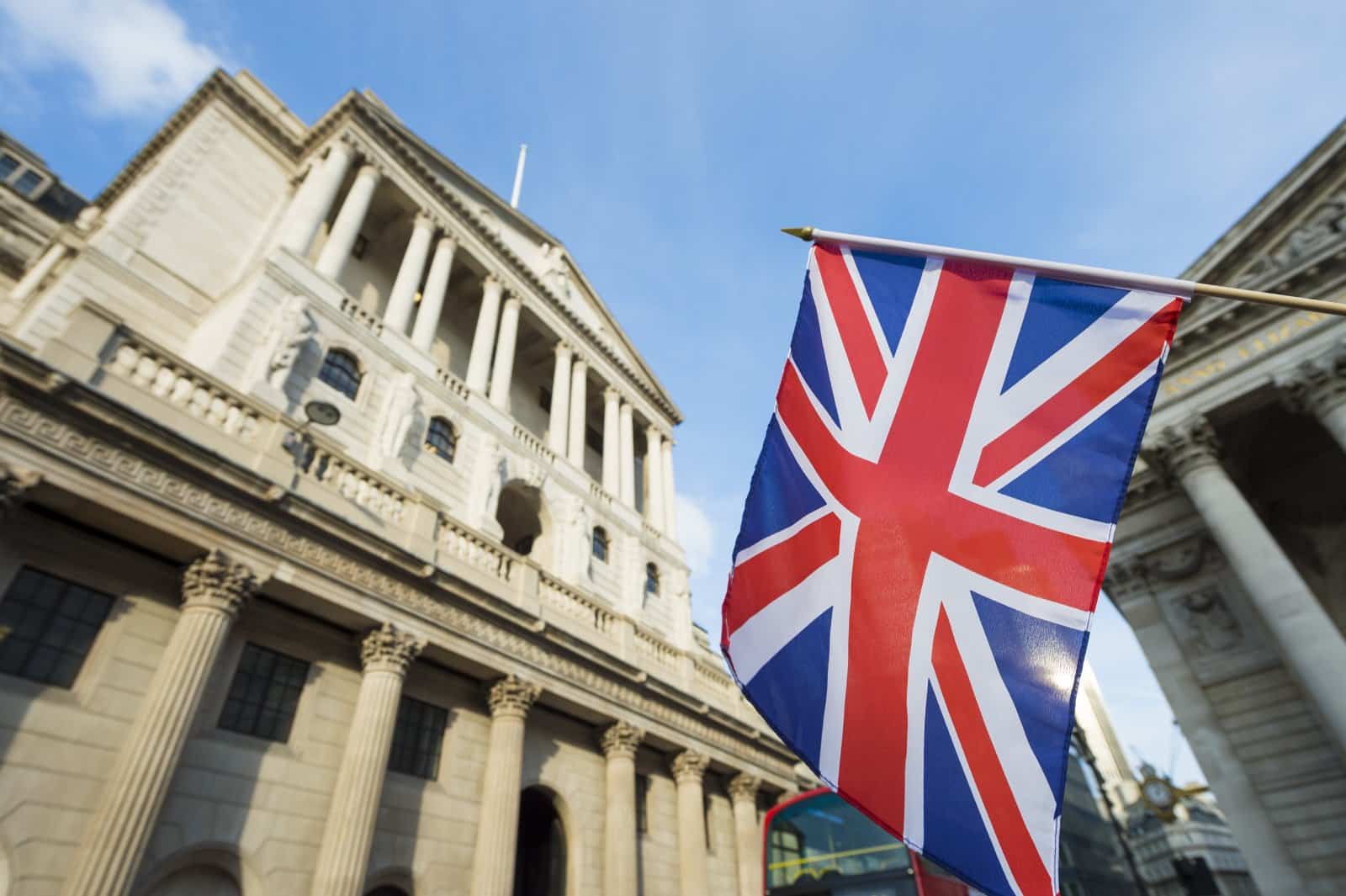
The government borrowed £12bn in March. This figure is around £5bn lower than the same time last year but higher than the market commentators expected.
Tax Income for the Government Lower Than Hoped

The Office for Budget Responsibility said figures showed £5bn less income for the government than expected. This is due to lower tax and National Insurance income.
Signs Things Are Getting Better
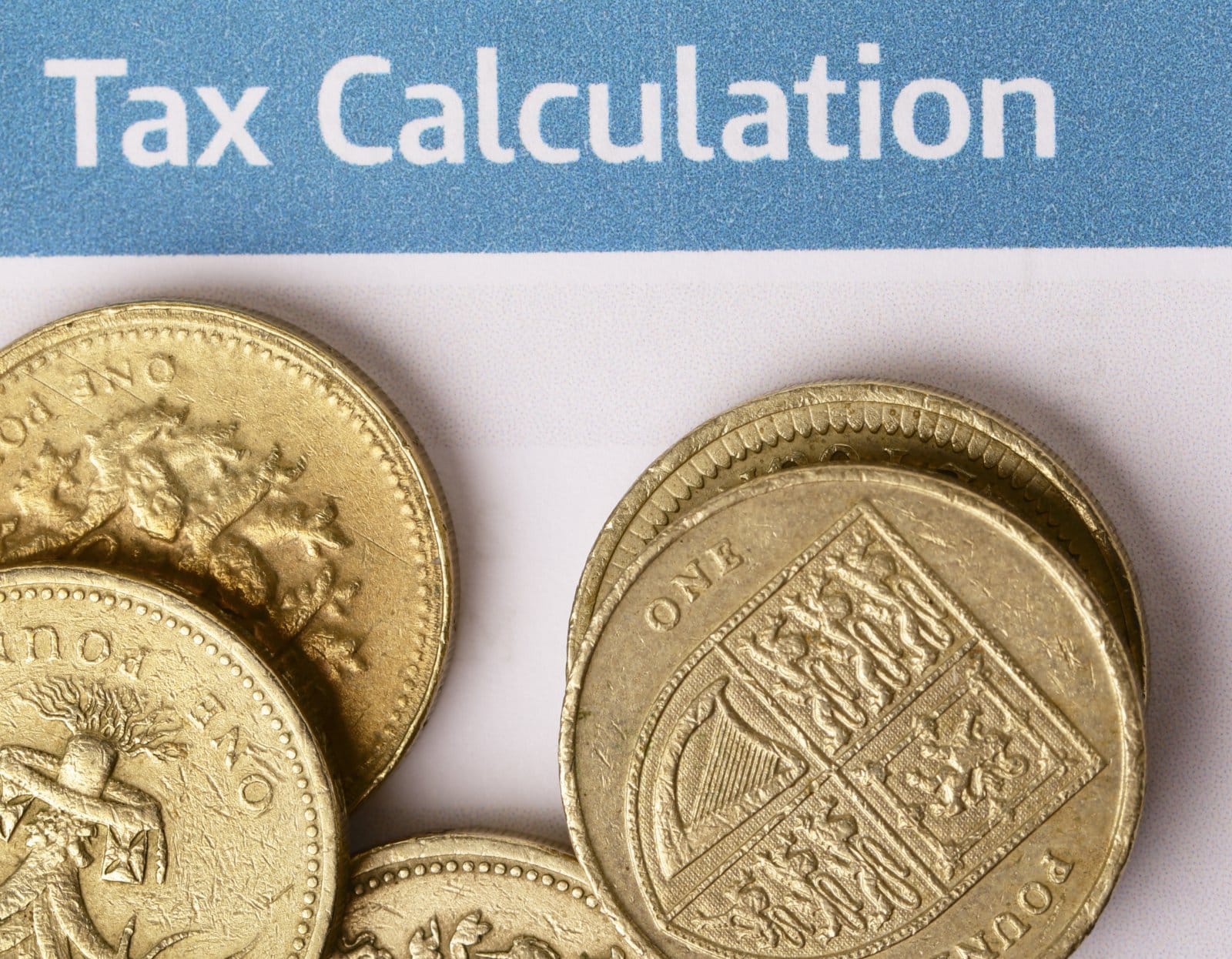
Across the tax year 2023-24, there was an increase in tax income of around £66bn for the government. Spending increased by £58bn, so there was an £8bn fiscal cushion.
Government Deficit Increased

Figures show the budget deficit was 4.4% of GDP in 2023-24. The deficit in 2019-20 was 2.7%. The five-year average before the Covid pandemic was 3.0%.
Experts Offer Cautious Commentary

Ruth Gregory, an economist from Capital Economics, said: “Overall, if the chancellor was hoping March’s figures would provide more scope for tax cuts at a fiscal event later this year, he will have been disappointed.”
Lower Headroom for Giveaways

Gregory continued: “Just based on the larger-than-expected 2023-24 budget deficit and the recent shift up in market interest rates, he may have even less fiscal ‘headroom’ for tax cuts than the £8.9bn left over in March.”
Hunt Still Expected to Cut Taxes

Rob Wood from Pantheon Macroeconomics said: “We expect the chancellor to cut taxes again before a likely October or November general election despite borrowing overshooting his forecasts.”
Promises Will Impact Next Government

Wood continued: “The next government will, therefore, face a tricky choice between raising taxes to fix creaking public services or holding the line on the chancellor’s recent tax cuts. We suspect whoever the next government is will end up pushing through at least some tax rises to balance the books.”
Potential Government Extraordinary Spending Reduced
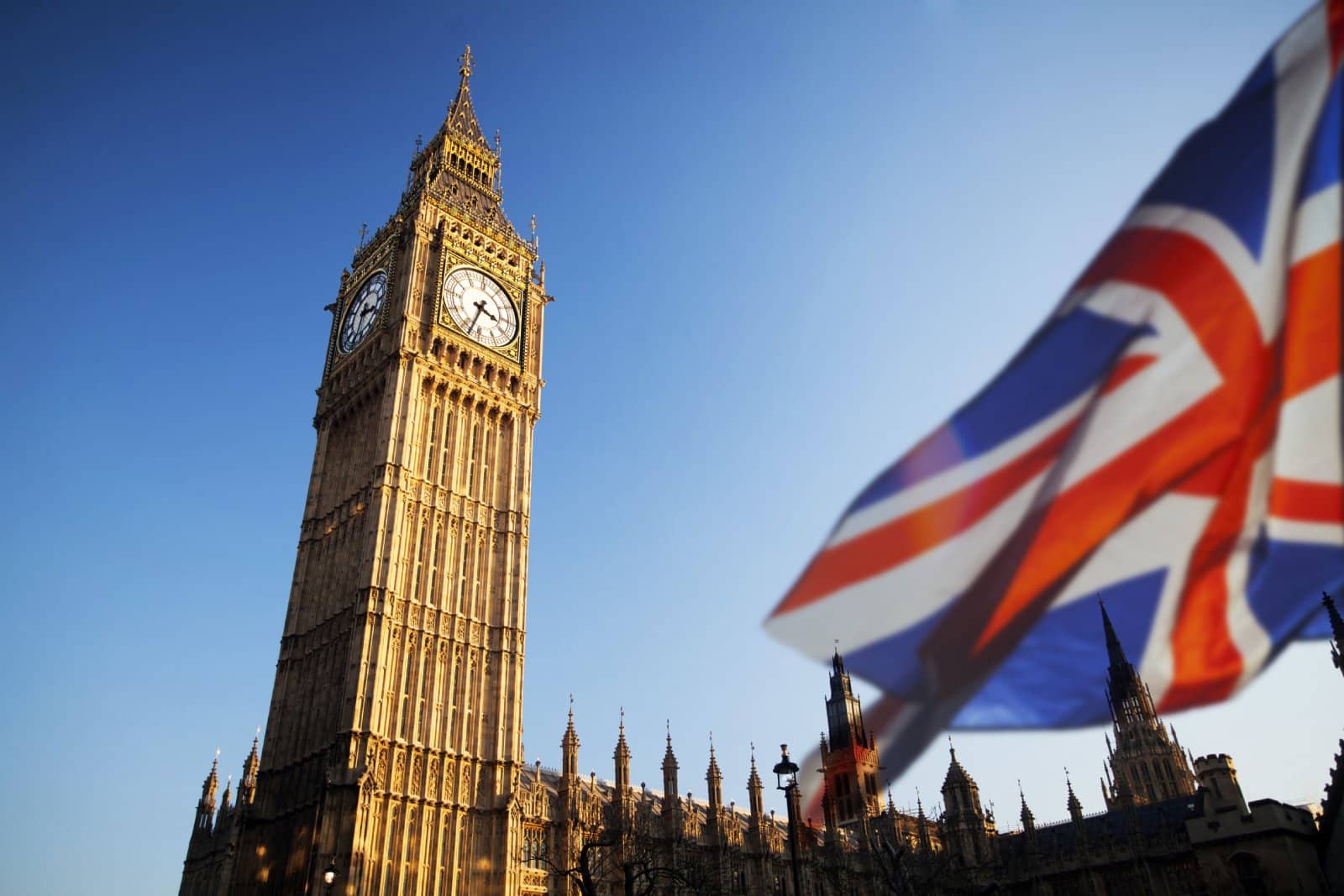
Much of the energy spending has settled down now, thanks to a calming of energy prices. It could lead to a reduction in government spending on extraordinary help.
National Debt Highest in Decades

National debt reached 98.3% of GDP in 2023-24. This figure is up 2.6% compared to 2022-23. It has reached its highest level since the 1960s. There’s little sign of this being paid back – instead the government will hope to grow the economy which will ‘inflate away’ the debt.
National Finances Not in a Great State
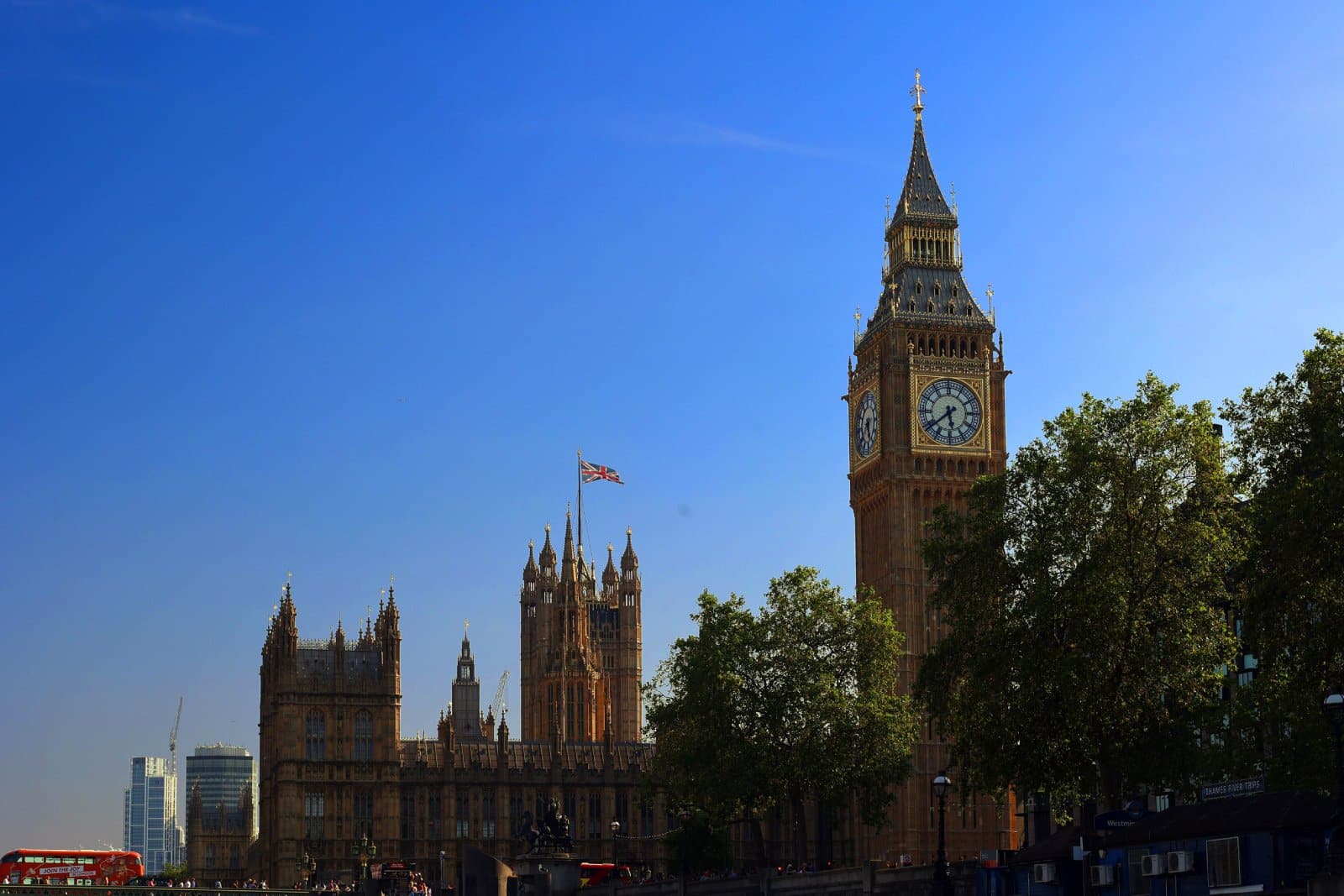
Alison Ring, from the Institute of Chartered Accountants in England and Wales, said: “As we approach a general election that is likely to focus on the state of the economy and the quality of public services, the weak state of the public finances at the start of the new financial year provides a shaky foundation for both main political parties as they finish writing their manifestos.”
Government Offers an Explanation
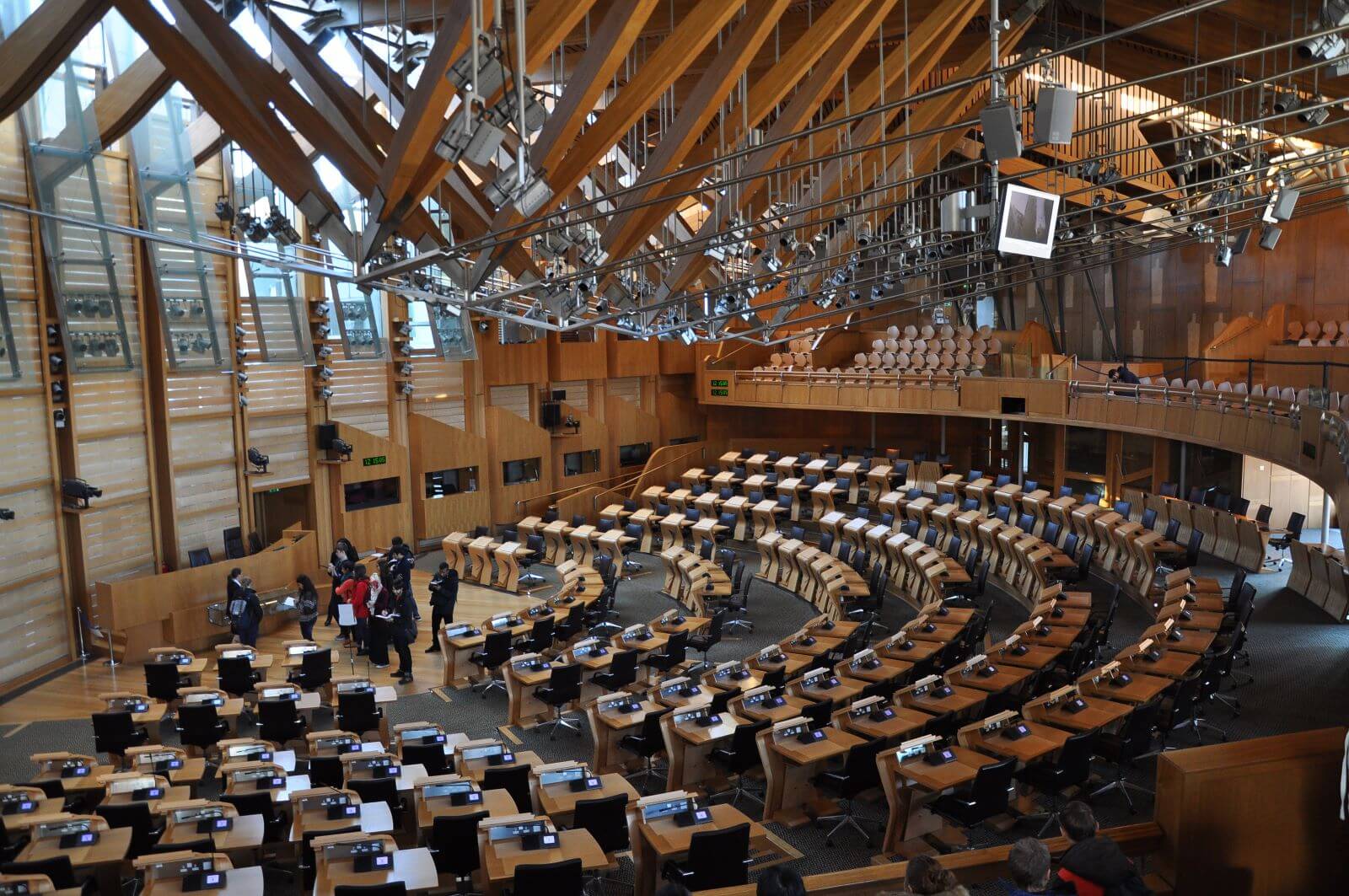
A Treasury spokesperson said: “Debt increased in recent years because we rightly protected millions of jobs during Covid and paid half of people’s energy bills after Putin’s invasion of Ukraine sent bills skyrocketing.”
Treasury Still Hoping to Cut Taxes

They went on to say, “We can’t leave future generations to pick up the tab, so we must stick to the plan to get debt falling. With inflation falling and wages rising, we have been able to cut national insurance by a third, which shows our determination to end the double taxation of work.”
The Elephant in the Room Is Lack of Economic Growth
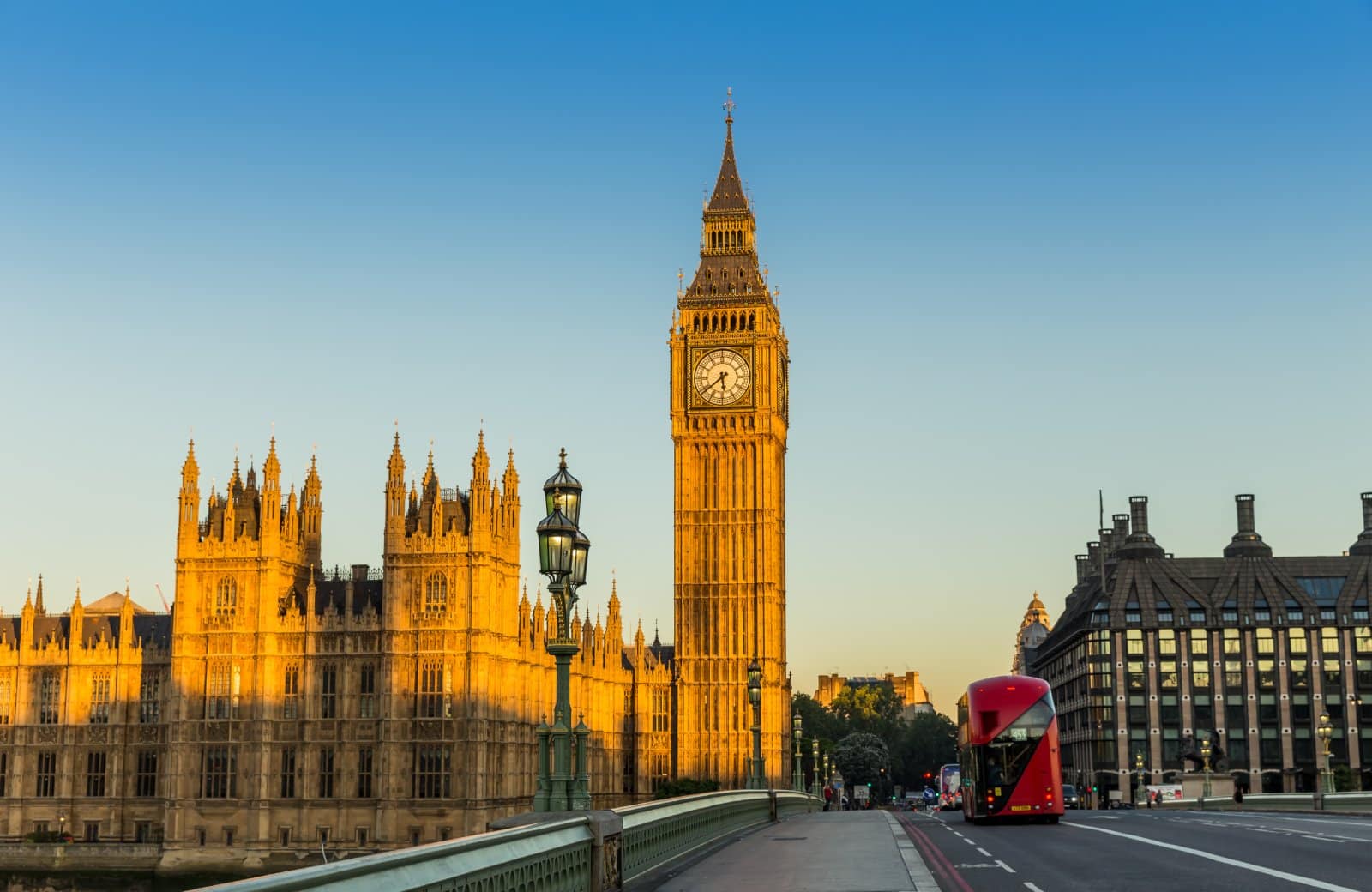
While the UK economy has grown recently, it’s still the second worst-performing major economy since the start of the COVID-19 pandemic. Only Germany has been worse.
How Economic Growth Helps
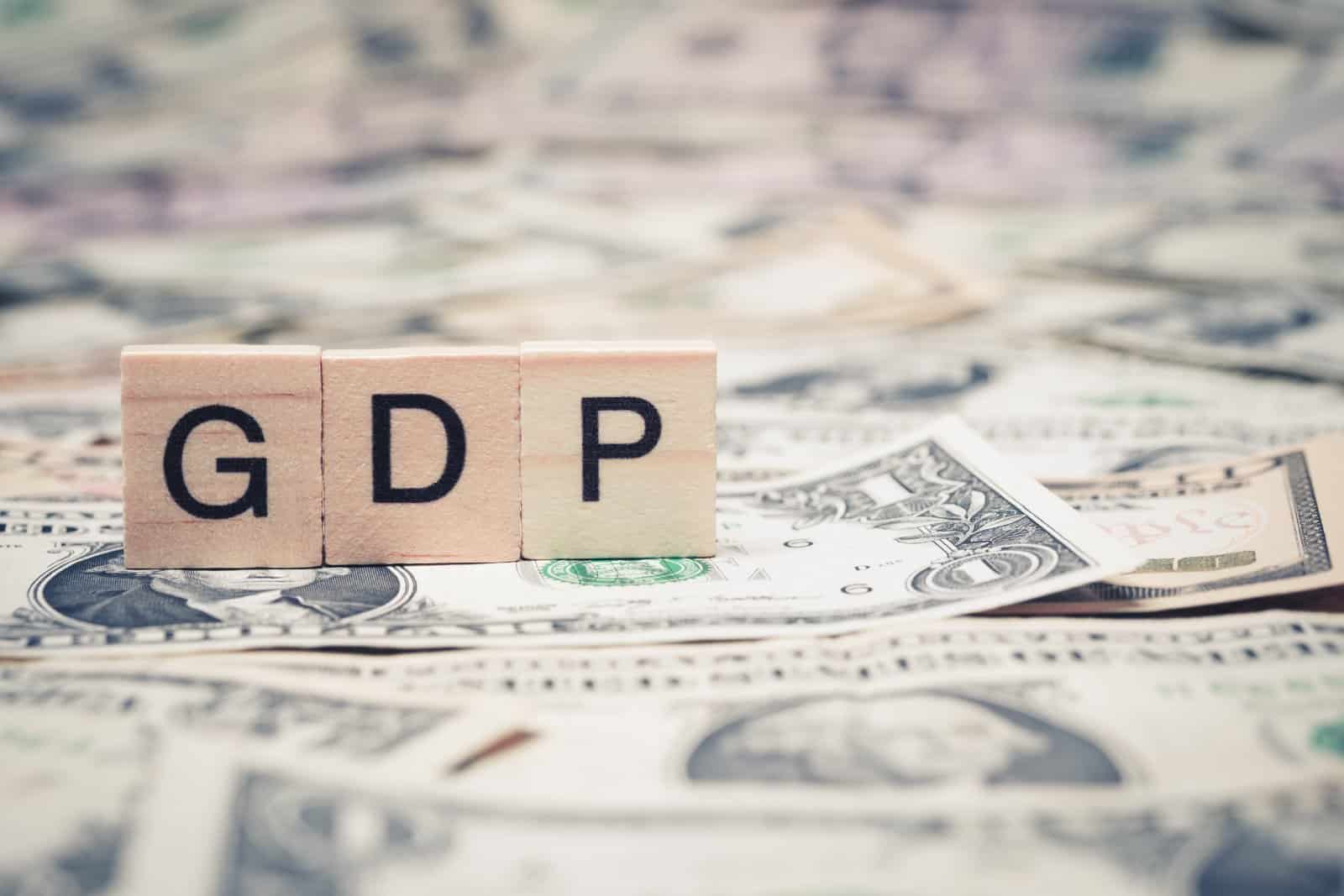
Economic growth is the answer to all of the government’s economic questions. Higher growth increases tax income, it allows national debt to shrink relative to GDP, and it enables them to spend more on public services.
Political Spending Reform Needed
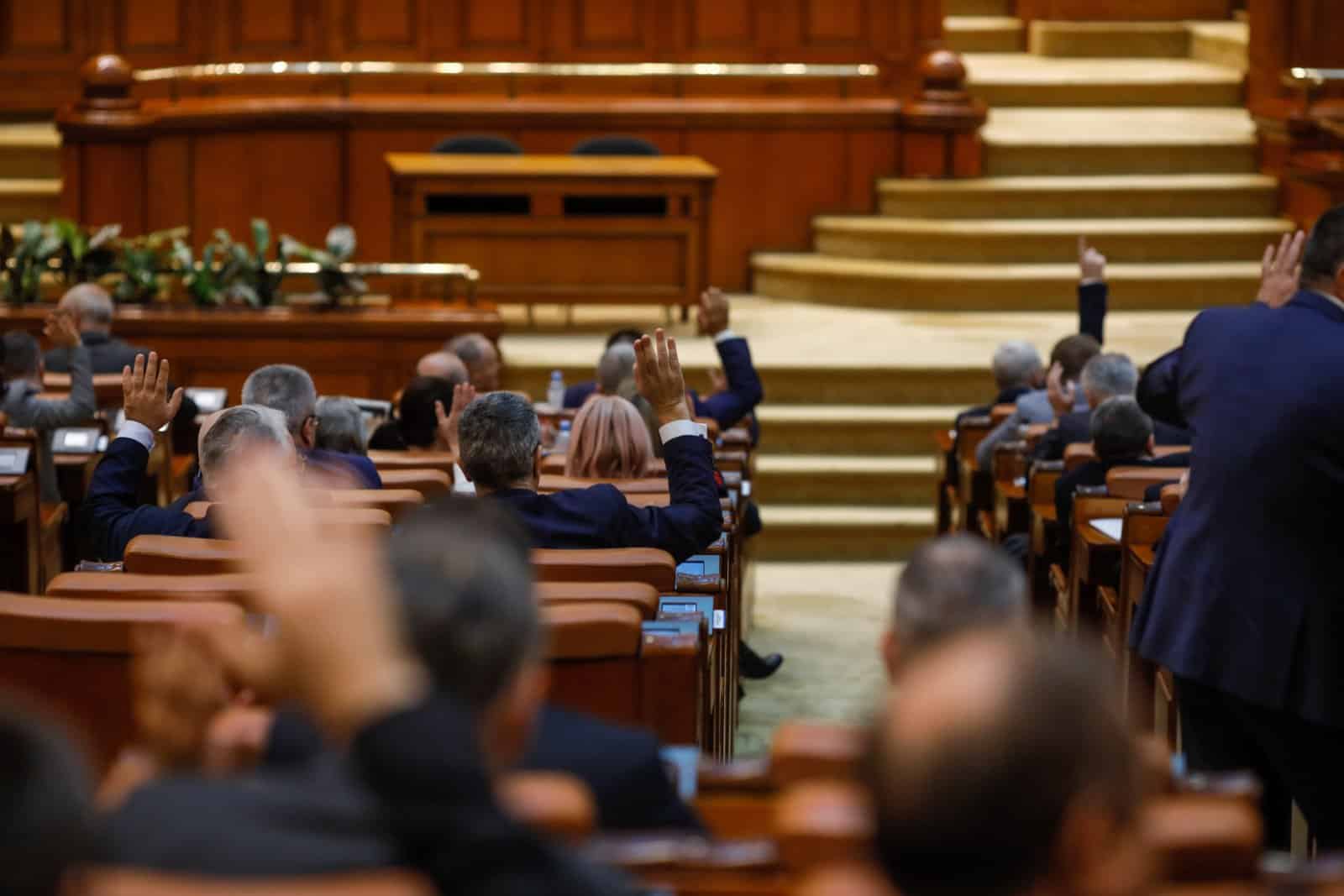
With the Tories likely to lose the next election, they can essentially make a lot of economic promises they are unlikely to need to keep.
Pressure on for Growth

Whoever forms the next government will have a lot of economic problems to tackle. Slow economic growth, a workforce on the sick, and national debt at the highest levels in decades. It’s a lot to take on!
More Articles Like This…
Broken Britain: 12 Reasons Behind the UK’s Decline
Say the Unsayable: 10 Occasions When Farage Spoke His Mind About Britain
The post UK National Debt Skyrocketed in 2024 – Tory Tax Cuts Now in Doubt first appeared on Edge Media.
Featured Image Credit: Shutterstock / photocosmos1.

